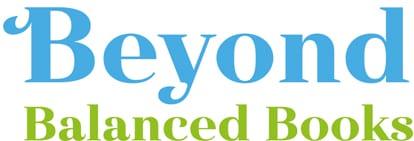You are thinking about making a major purchase for your business. You do not know if your purchase should be recorded as a fixed asset or an expense. And you are uncertain how to enter the purchase in your books.
Your understanding of the criteria to look at and the potential tax implications will help you make more confident purchases. Let’s examine them here.
How long will the item be in use?

Both fixed asset purchases and expenses involve spending money to purchase goods. One of the key differences between the two involves how long the item will be in service.
A fixed asset is a tangible asset that is purchased to serve a business purpose. The business expects to own these items for a year or more. Examples of common fixed assets include land, buildings, vehicles and equipment.
In contrast, an expense often involves the purchase of an item that will be immediately consumed. Common examples include meals, office supplies, and utilities. The cost associated with these items will be used up immediately.
What is the purchase price of the item?
In most cases, the purchase price of the item will help you determine if you should record it as a fixed asset or an expense. It stands to reason that if you spend $3,000 on a copier, you are planning to use it in the business for a while.
It’s good to establish an internal policy that determines when a purchase should be considered a fixed asset. A good policy should address the following questions:
- What is the cost threshold at which a purchase should be considered a fixed asset?
- Who should authorize approval of such purchases? Should approvals be provided in writing?
- What documentation should be provided when a fixed asset is purchased?
We commonly see businesses using anywhere from $500 – $2,500 as the threshold for purchases at which to record as a fixed asset. Your business’ threshold may vary depending on your industry and your tax professional’s recommendations.
How will this purchase affect your taxes?

A common misunderstanding is that all fixed asset purchases can be written off the initial year of the purchase by means of depreciation when you file your business income taxes. While that may apply in some cases, your tax professional may recommend depreciating fixed assets over a longer-term as part of your tax strategy.
In addition, certain types of fixed assets follow different tax rules. For example, land is not an asset that is depreciated, but the buildings on the land are. Some fixed assets follow accelerated depreciation rules. It’s good practice to check with both your bookkeeper and a tax professional before making a major asset purchase. They can help you determine the potential tax impact.
Expenses have special tax rules as well, but they generally deal with whether a certain type of expense is deductible. Business expense rules tend to change more frequently than those for fixed assets. A meeting with your tax professional before year end can help you stay updated on these kinds of changes.
Although fixed asset and expense purchases involve money going out of your bank account, the way they are recorded in your books is very different. Looking for more reporting help? Take a look at this article discussing the differences between accrual and cash basis reports.

